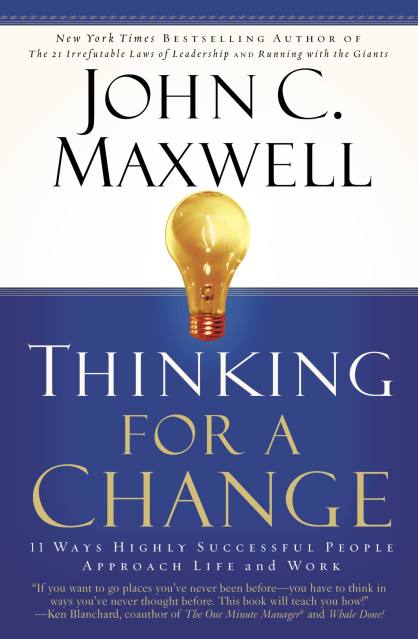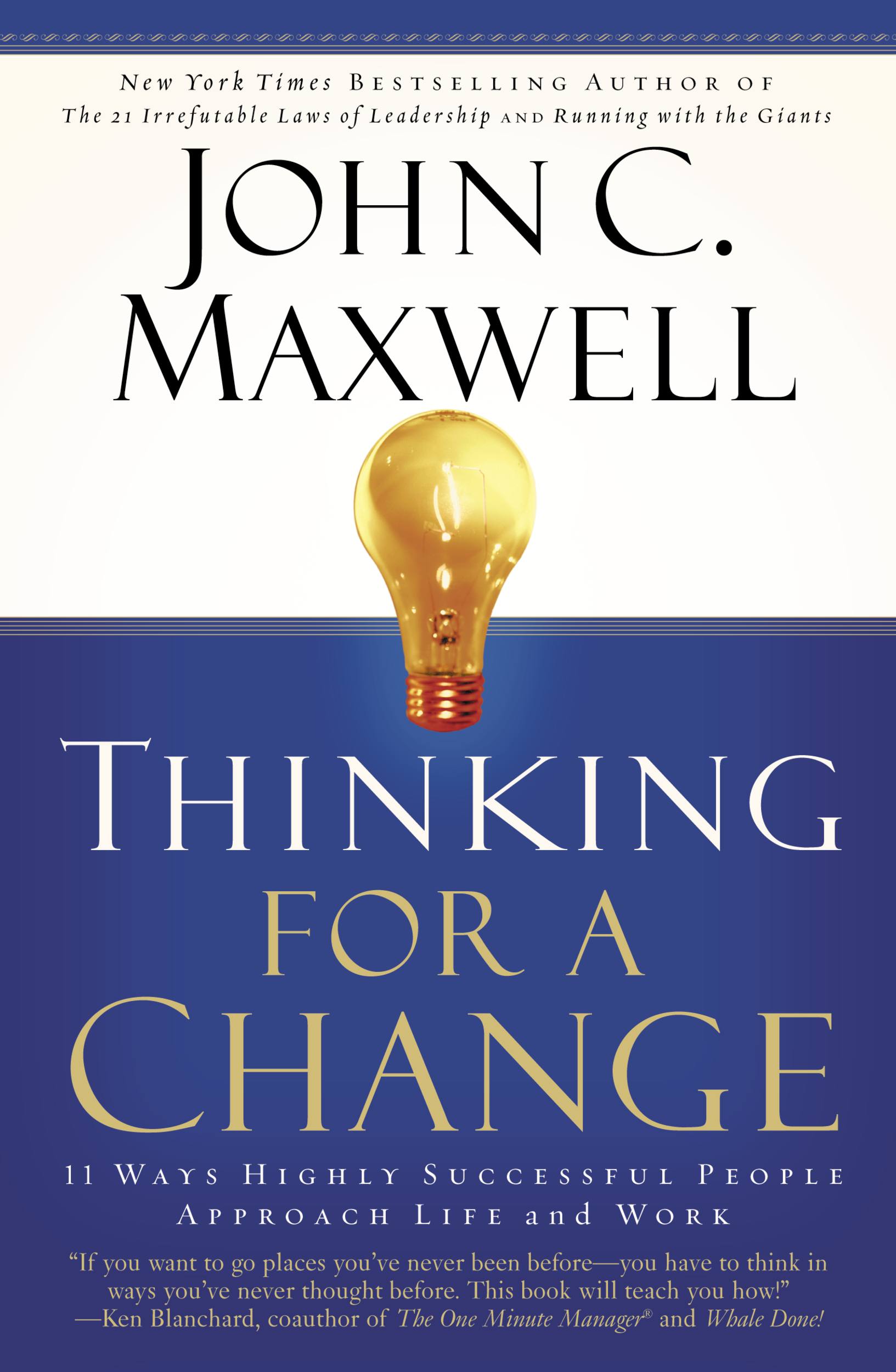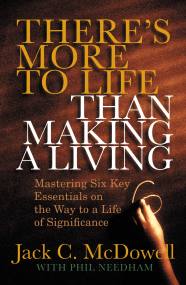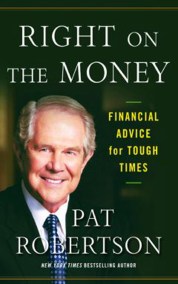By clicking “Accept,” you agree to the use of cookies and similar technologies on your device as set forth in our Cookie Policy and our Privacy Policy. Please note that certain cookies are essential for this website to function properly and do not require user consent to be deployed.
Thinking for a Change
11 Ways Highly Successful People Approach Life and Work
Contributors
Formats and Prices
- On Sale
- Apr 1, 2003
- Page Count
- 288 pages
- Publisher
- FaithWords
- ISBN-13
- 9780759527911
Price
$10.99Price
$13.99 CADFormat
Format:
This item is a preorder. Your payment method will be charged immediately, and the product is expected to ship on or around April 1, 2003. This date is subject to change due to shipping delays beyond our control.
Buy from Other Retailers:
At the heart of John C. Maxwell’s brilliant and inspiring book is a simple premise: To do well in life, we must first think well. But can we actually learn new mental habits? Thinking for a Change answers that with a resounding “yes” — and shows how changing your thinking can indeed change your life. Drawing on the words and deeds of many of the world’s greatest leaders and using interactive quizzes, this empowering book helps you assess your thinking style, guides you to new ones, and step by step teaches you the secrets of: Big-Picture Thinking — seeing the world beyond your own needs and how that leads to great ideas. Focused Thinking — removing mental clutter and distractions to realize your full potential. Creative Thinking — stepping out of the “box” and making breakthroughs. Shared Thinking — working with others to compound results. – Reflective Thinking — looking at the past to gain a better understanding of the future …and much more. Here America’s most trusted and admired motivational teacher examines the very foundation of success and self-transformation. Illuminating and life-changing, Thinking for a Change is a unique primer not on what to think, but how to best use one of your most precious possessions: your mind.
Newsletter Signup
By clicking ‘Sign Up,’ I acknowledge that I have read and agree to Hachette Book Group’s Privacy Policy and Terms of Use







